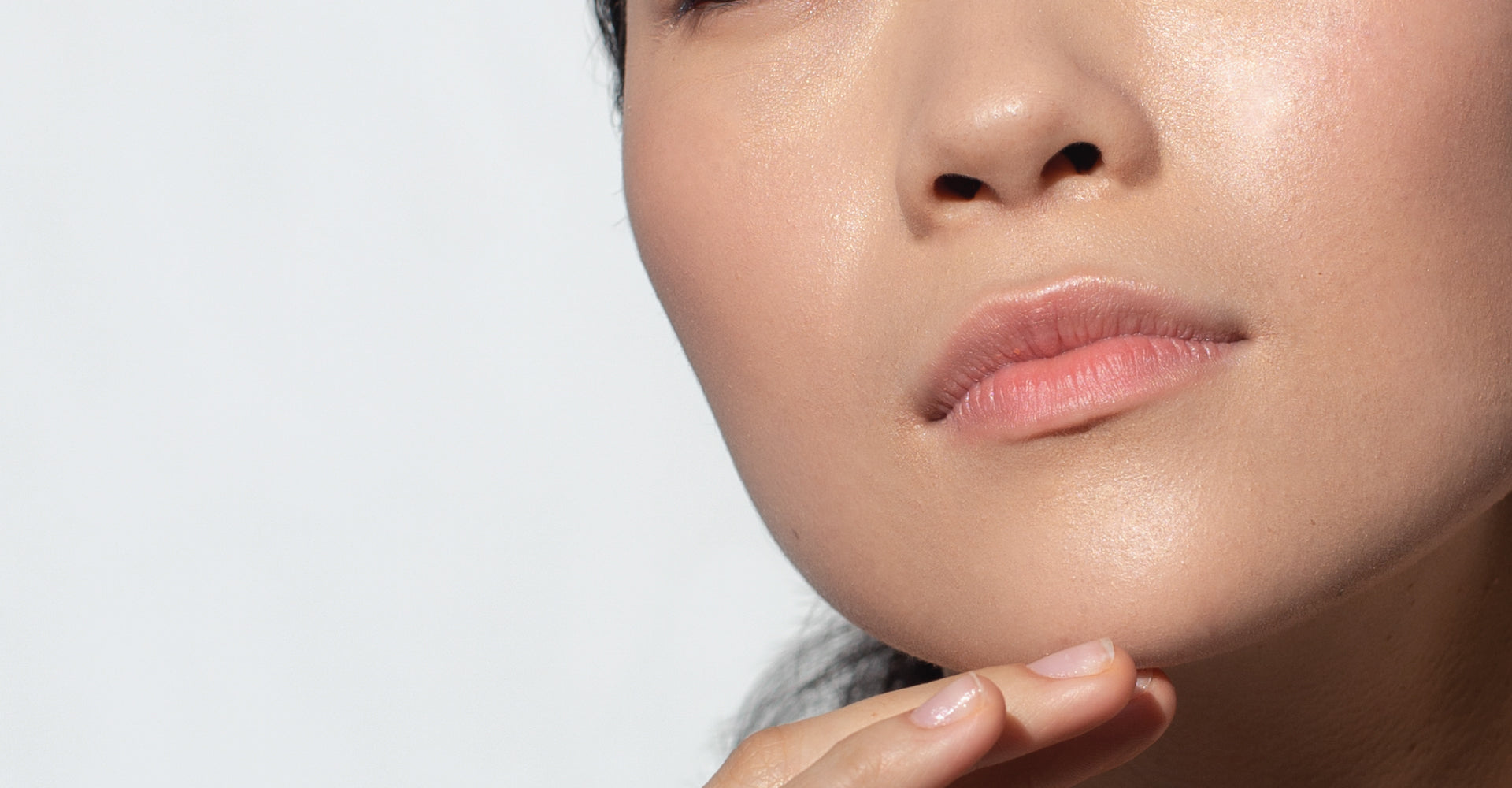

December 24, 2024
Hyperpigmentation is a common condition caused by an overproduction of melanin, the pigment responsible for your skin’s color. While melanin is essential for protecting your skin from UV rays, too much of it can lead to dark spots, uneven skin tone, or patches that linger for months—or even years.
UV rays stimulate melanin production, and prolonged exposure can cause excess melanin to cluster in certain areas, leading to sunspots or age spots.
When your skin experiences trauma—like acne, cuts, or eczema—it may overproduce melanin as part of the healing process, leaving dark marks in its wake.
Conditions like melasma are triggered by hormonal fluctuations, often during pregnancy or while taking birth control. This type of hyperpigmentation typically appears as large, dark patches on the face.
Some people are simply more prone to hyperpigmentation due to their genetic makeup, making it an ongoing battle.
Advancements in skincare science are revolutionizing how we treat hyperpigmentation. REGENEXTM, a next-generation innovation, is clinically proven to be 17x more effective than Retinol at reducing pigmentation.
This breakthrough works by targeting pigmentation at the cellular level, using cutting-edge ingredients like Exosomes, Spicules, and Peptides to deliver results faster and more effectively. Unlike traditional treatments, it not only reduces existing discoloration but also helps prevent new dark spots from forming, ensuring a long-lasting solution to uneven skin tone.
While Retinol has been a trusted option for addressing hyperpigmentation, it often comes with limitations like slow results, irritation, and limited penetration into the deeper layers of the skin. Compared to Retinol, REGENEXTM offers a more advanced, irritation-free approach that delivers visible improvements in just weeks.
Sunscreen is non-negotiable. UV rays worsen hyperpigmentation, even during minimal sun exposure. Use a broad-spectrum SPF 30 or higher daily and reapply every two hours for optimal protection.
Look for active ingredients that inhibit melanin production and promote even skin tone:
Hyperpigmentation treatments don’t work overnight. It takes regular application of the right products to see measurable results, often within 4–8 weeks.
For deeper, faster results, consider science-backed products like REGENEXTM, which are formulated to penetrate deep into the skin and tackle pigmentation at its source.
For severe cases, procedures like chemical peels, laser therapy, or microneedling can complement your skincare routine. Always consult a dermatologist to explore these options.
Hyperpigmentation doesn’t have to be a lifelong struggle. With the right knowledge and tools, you can achieve brighter, more even-toned skin.